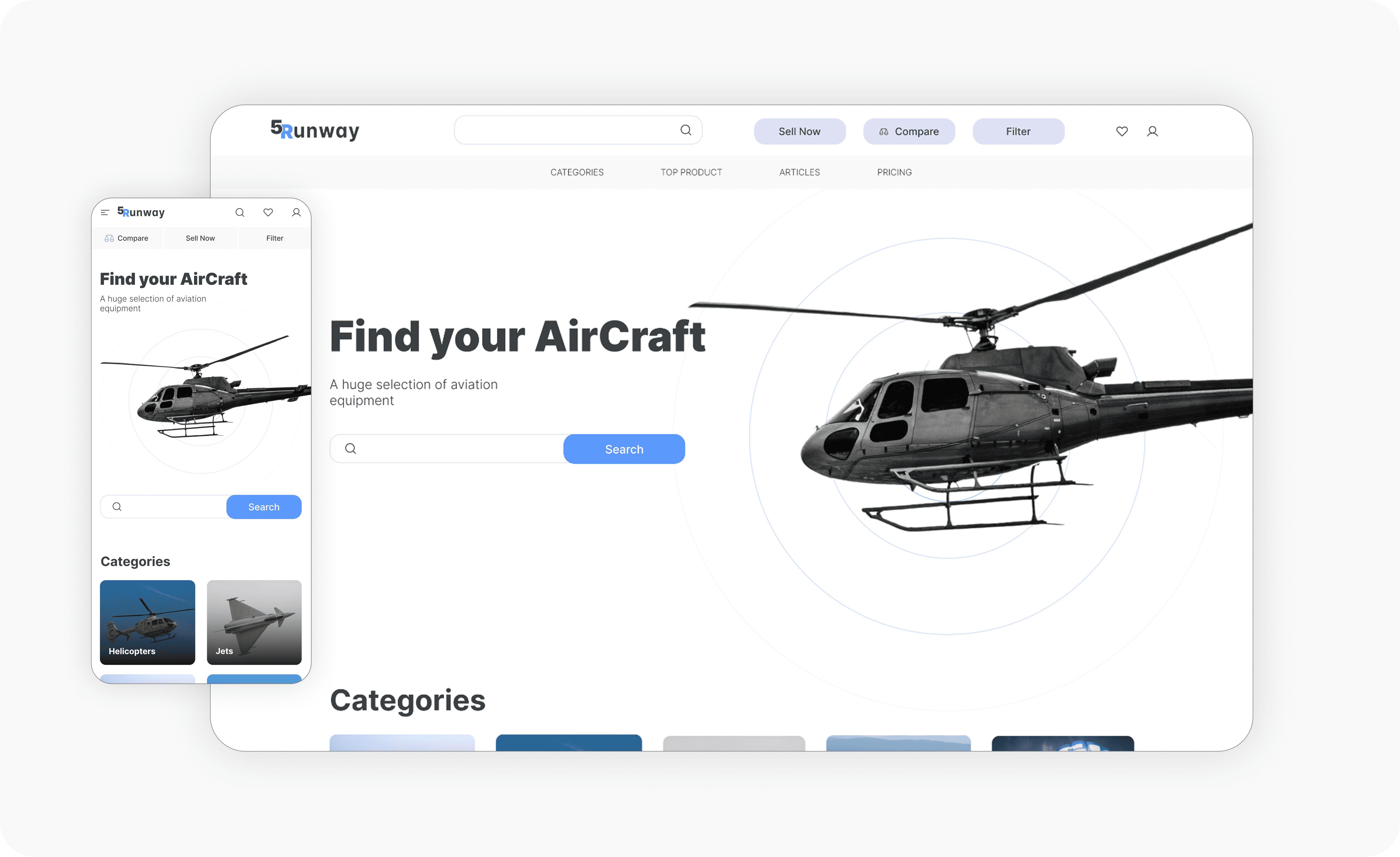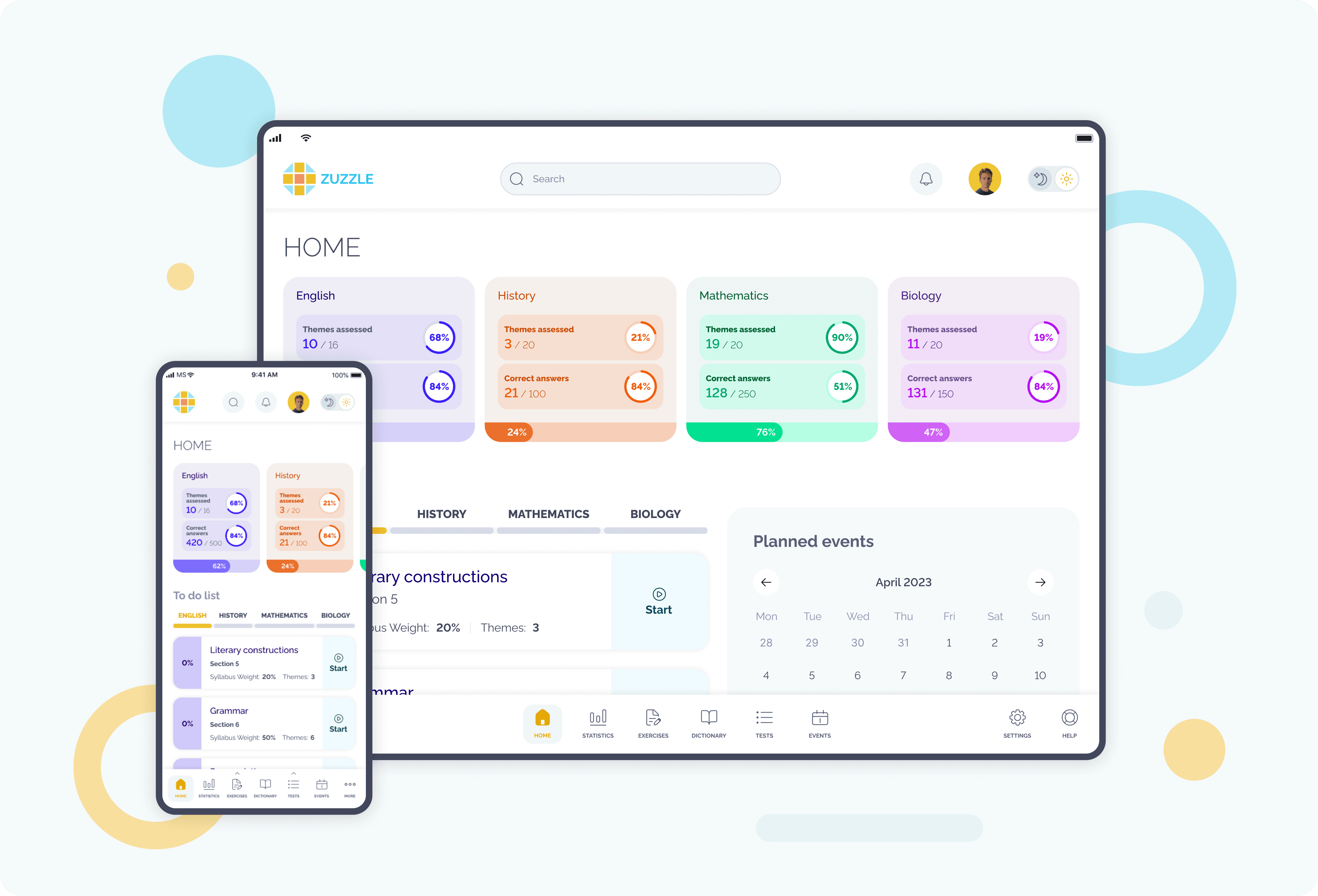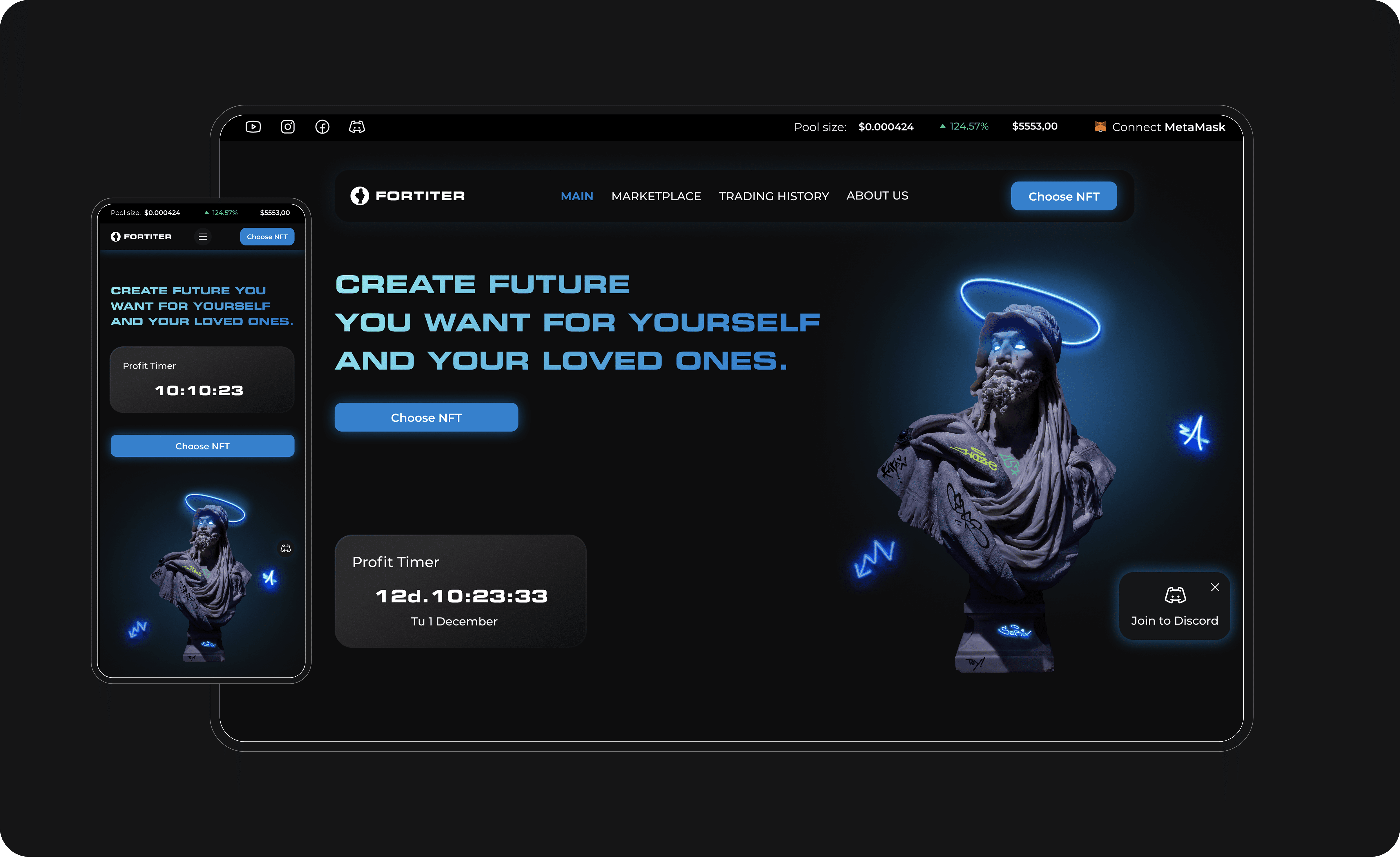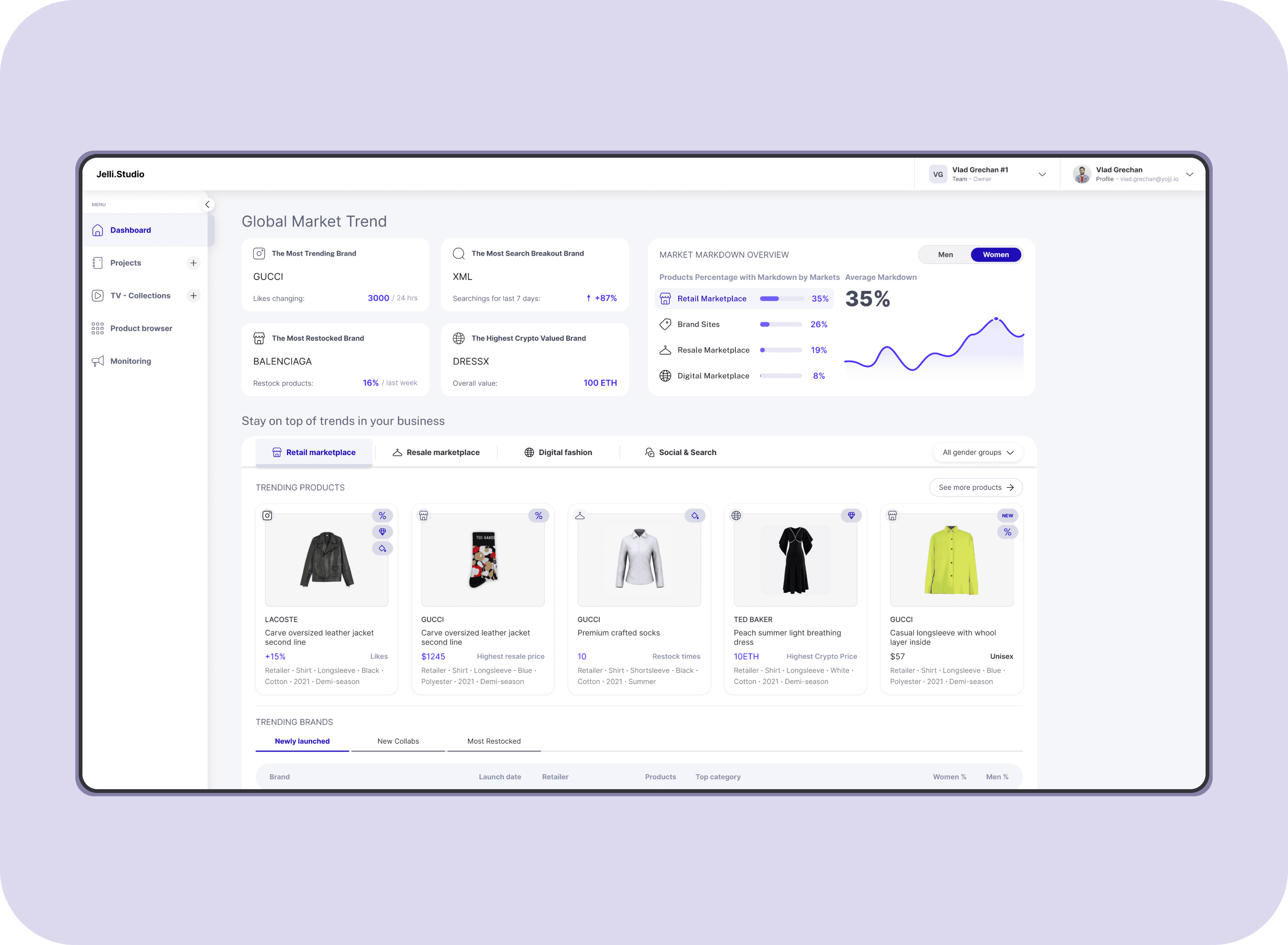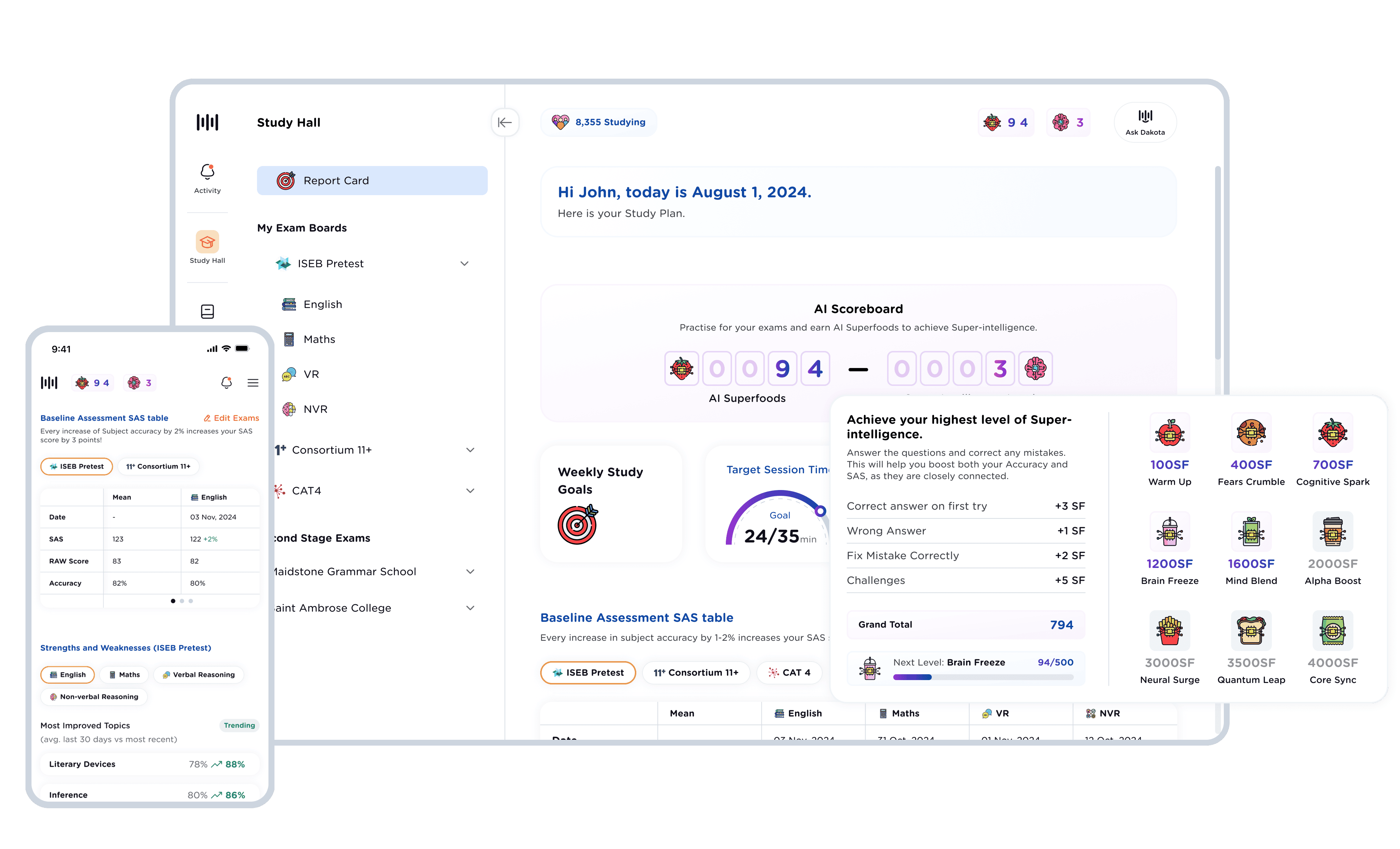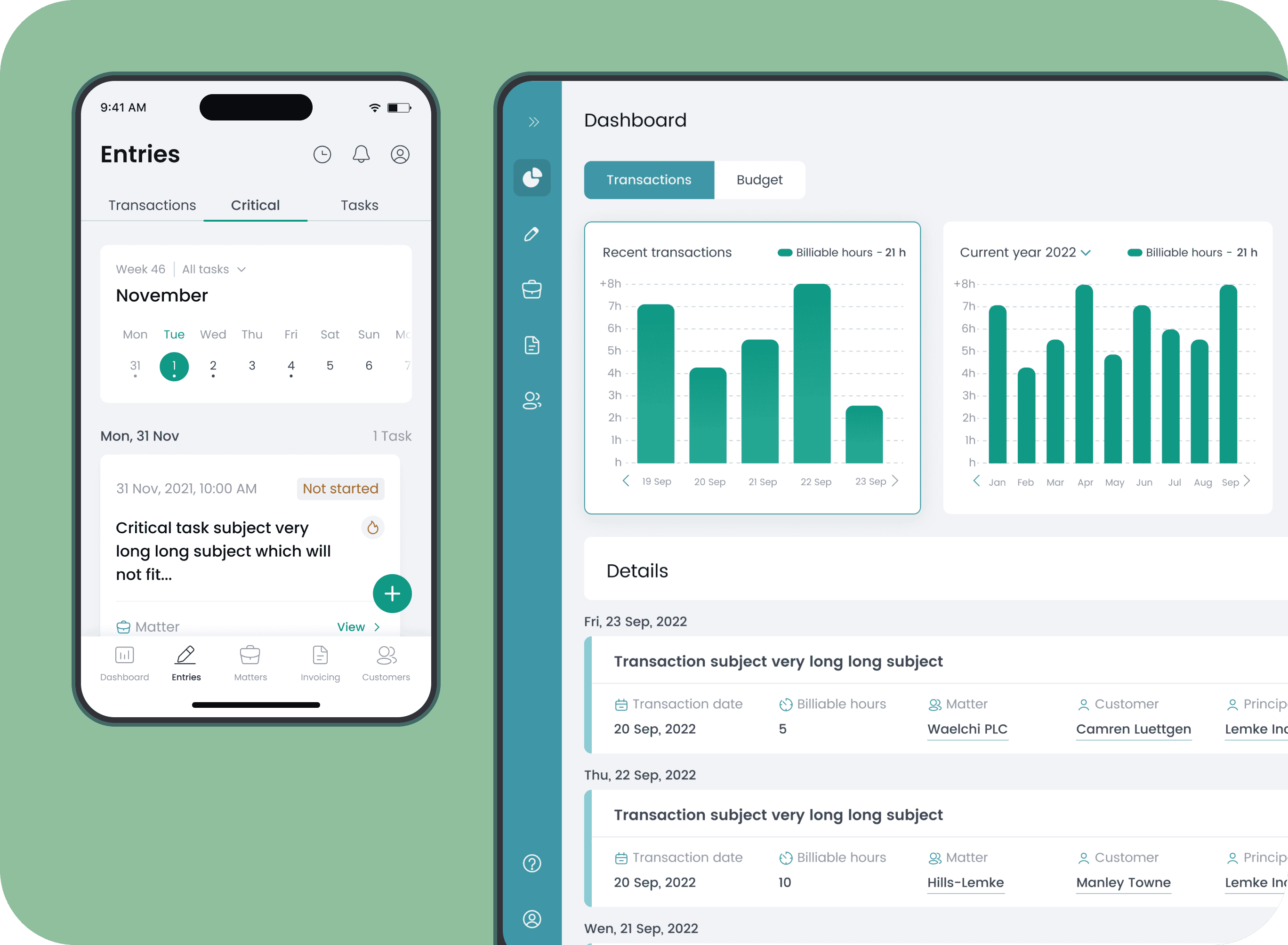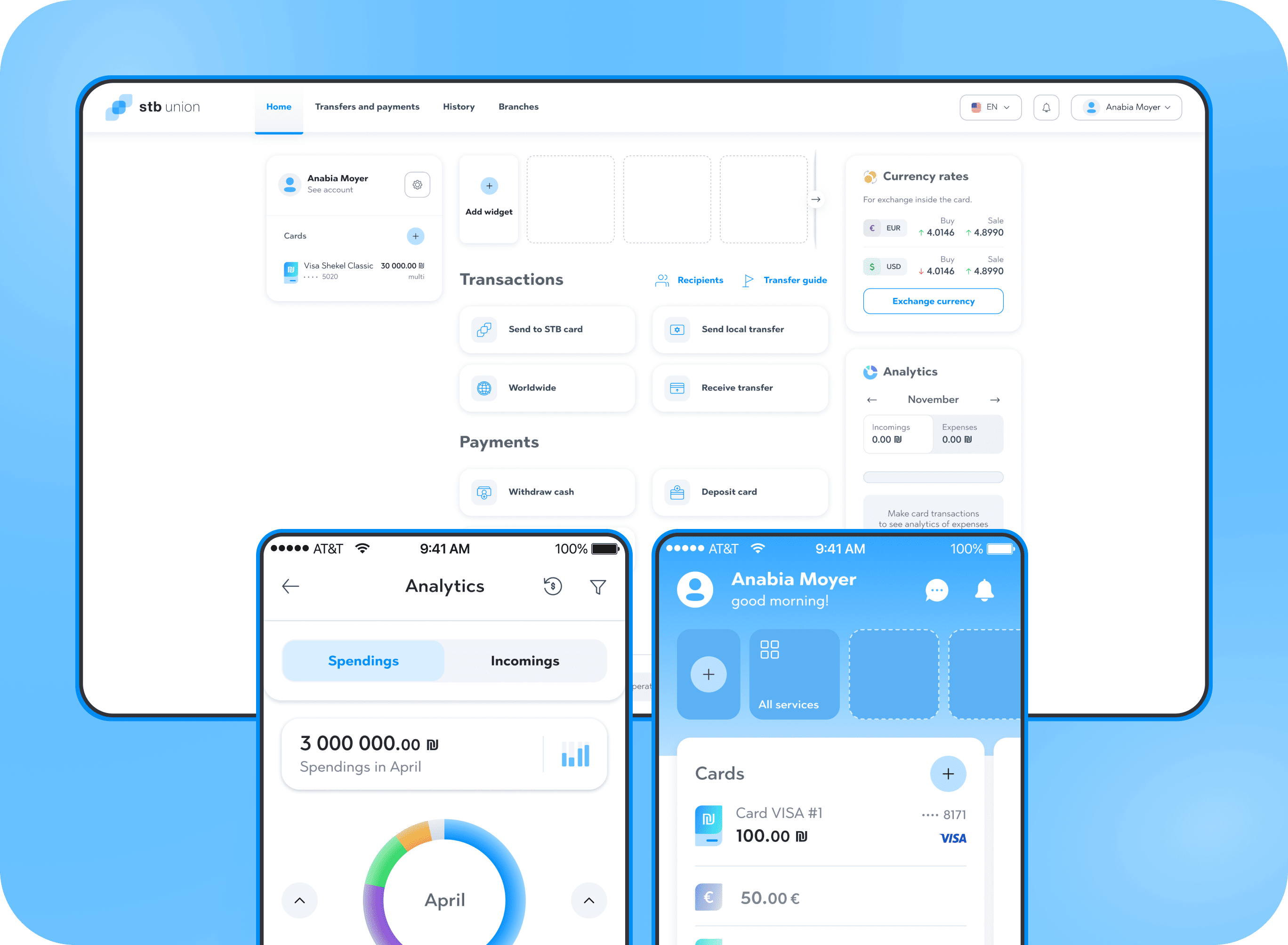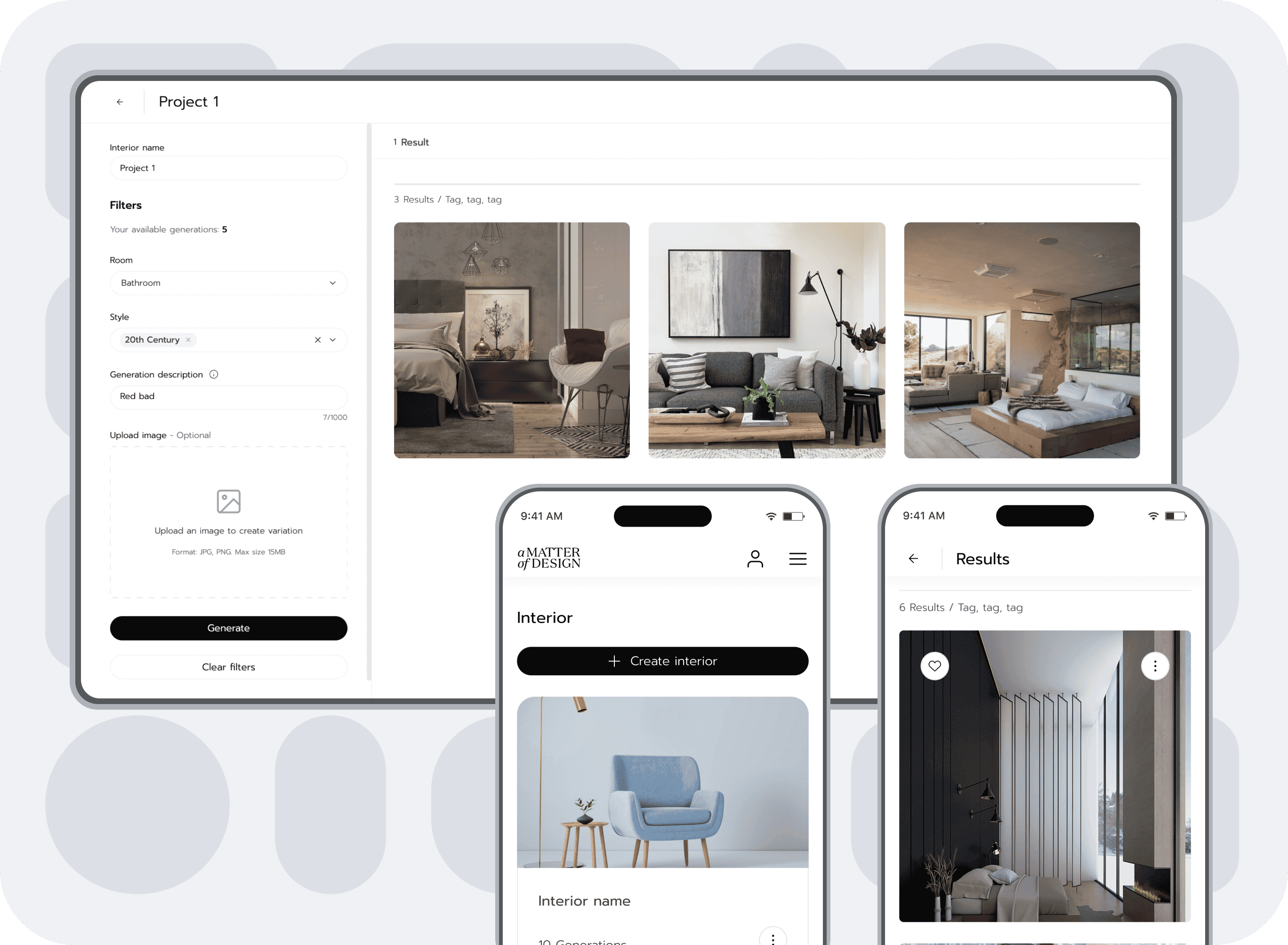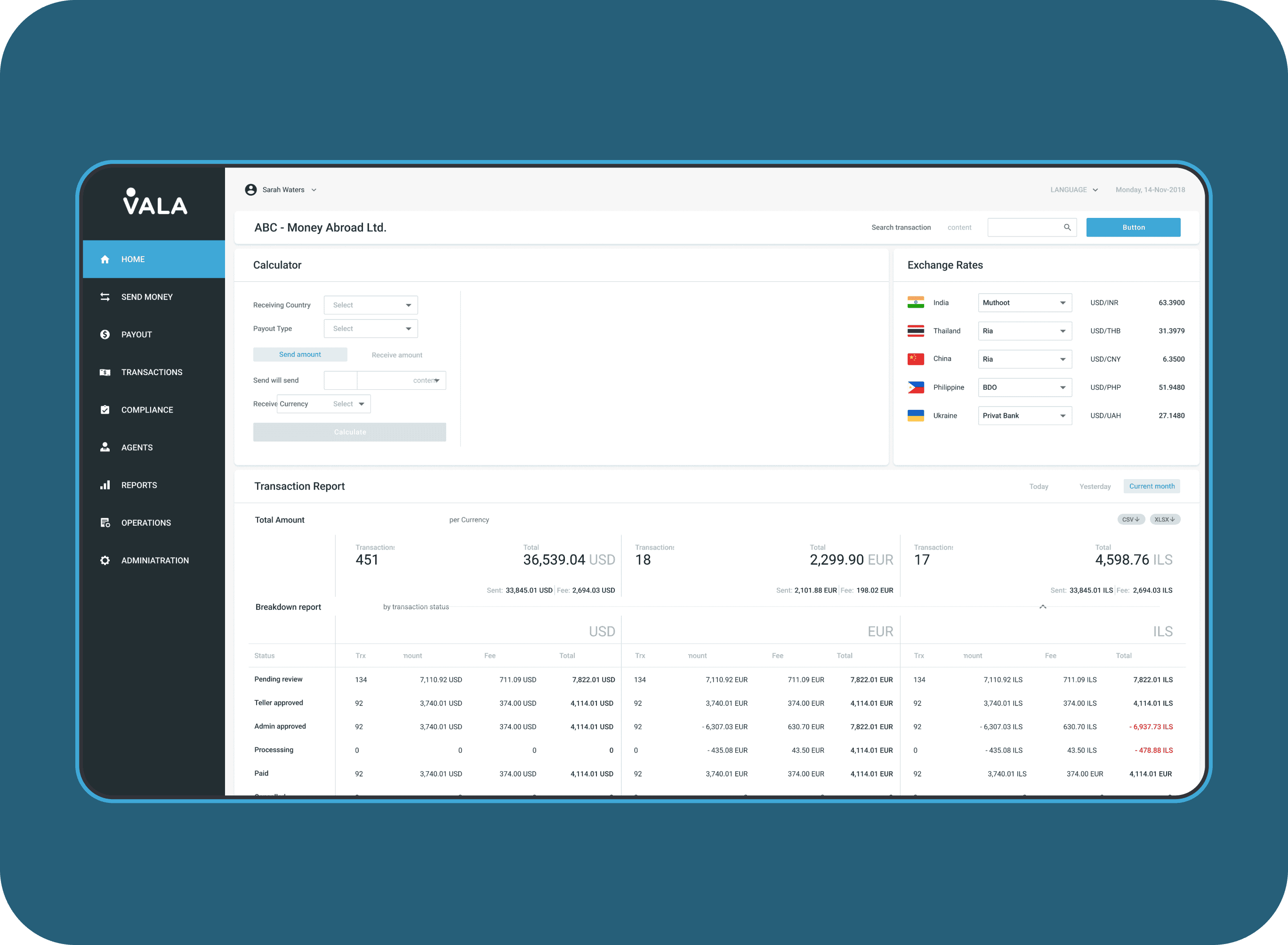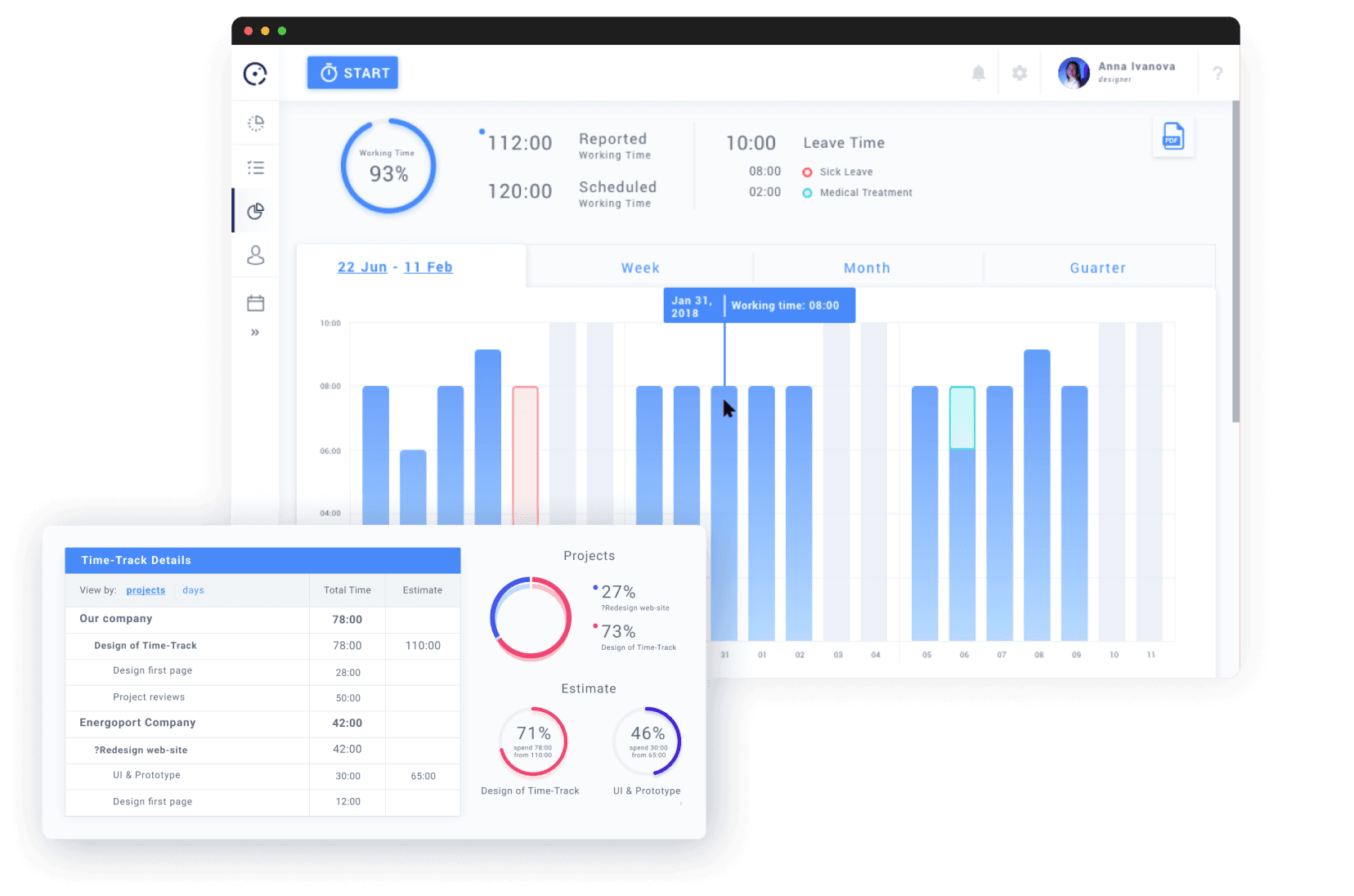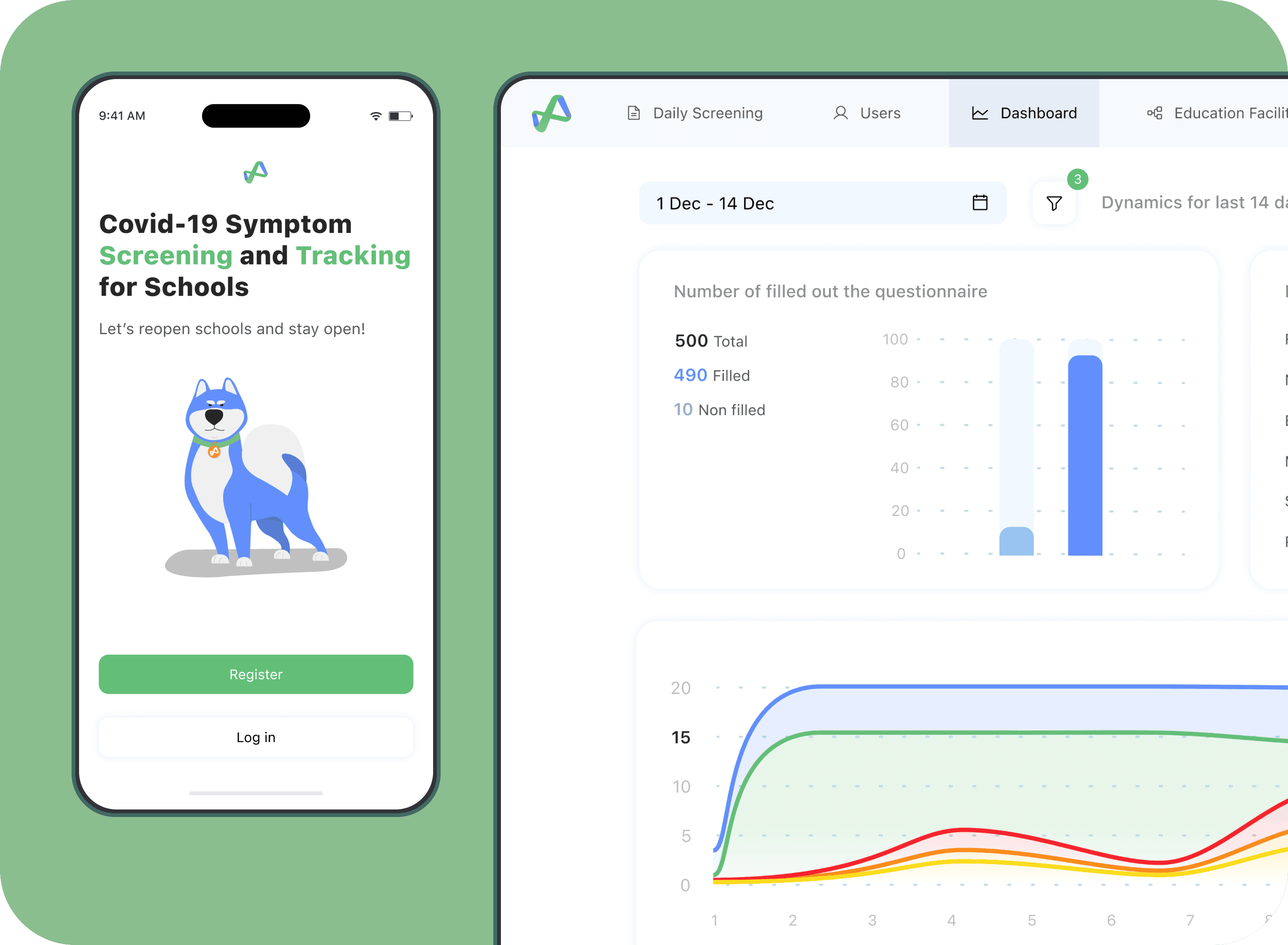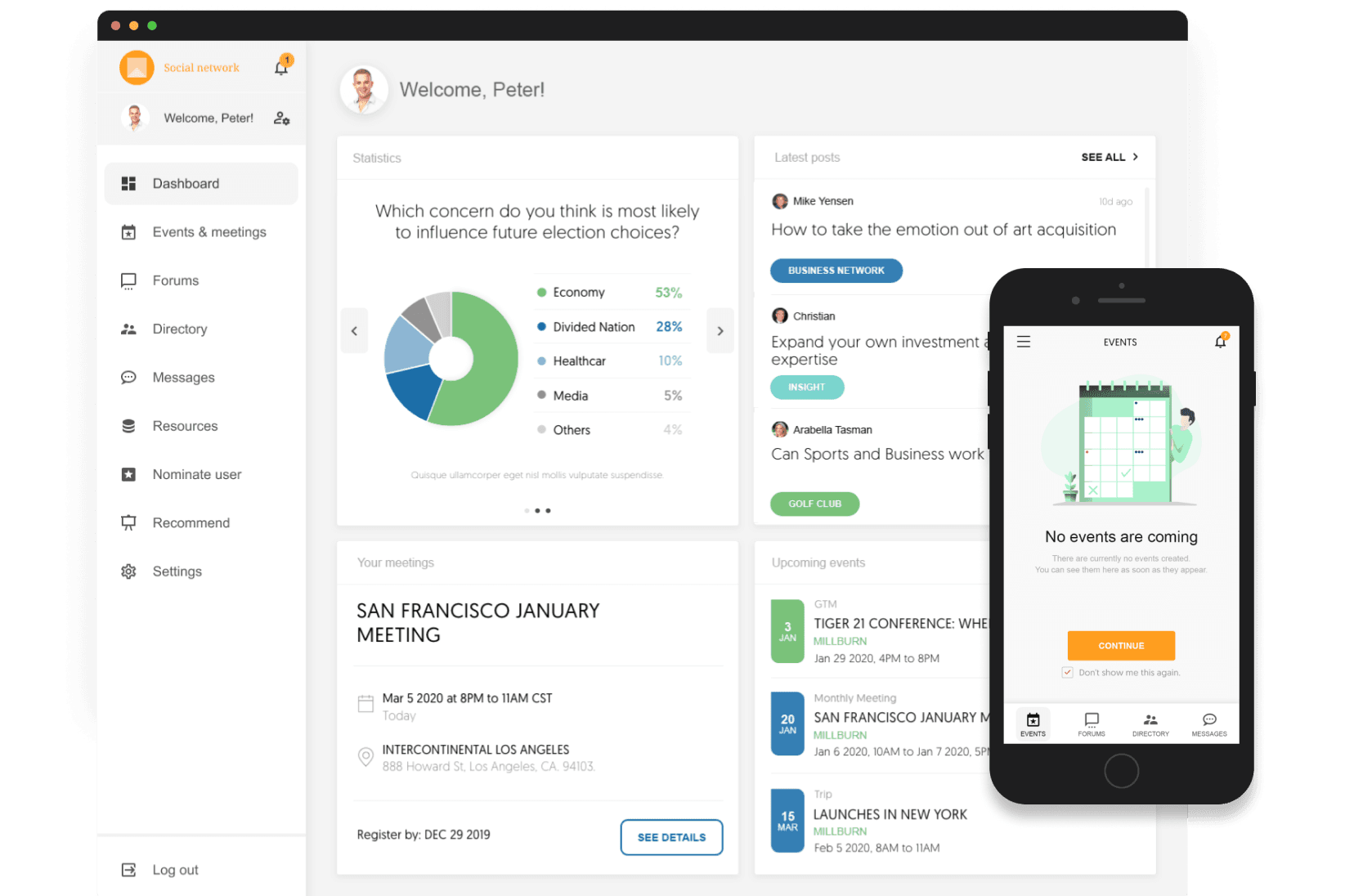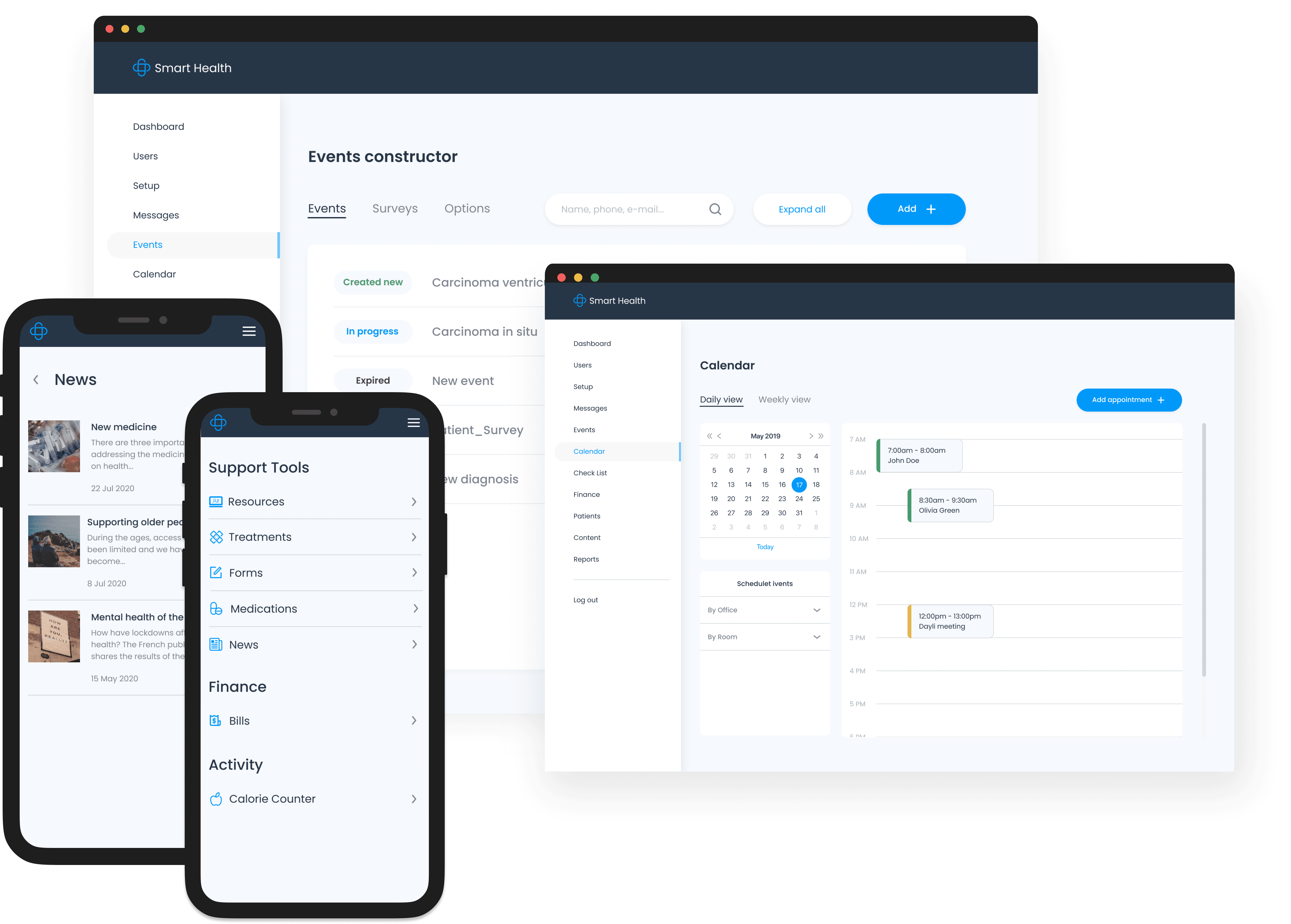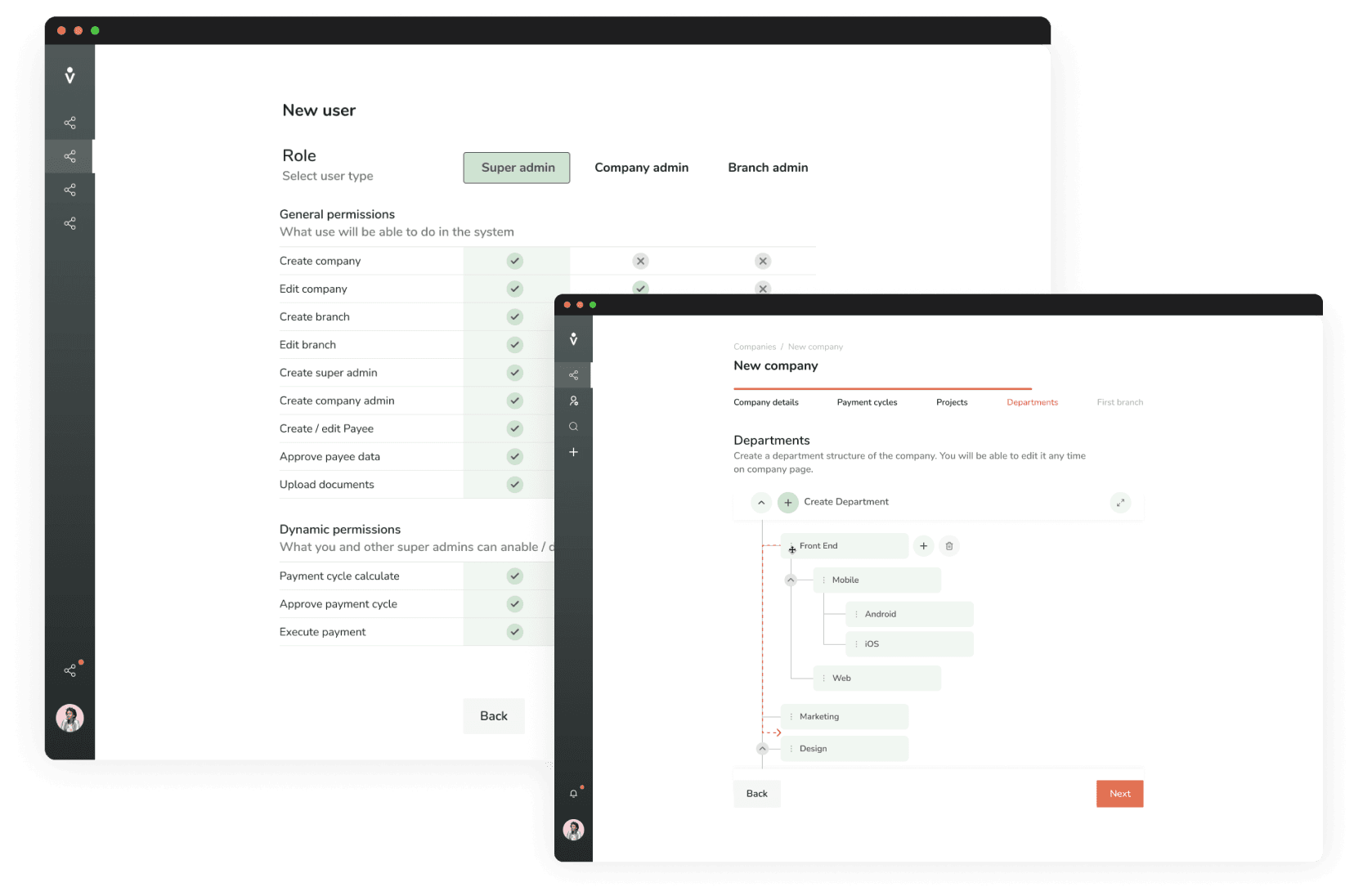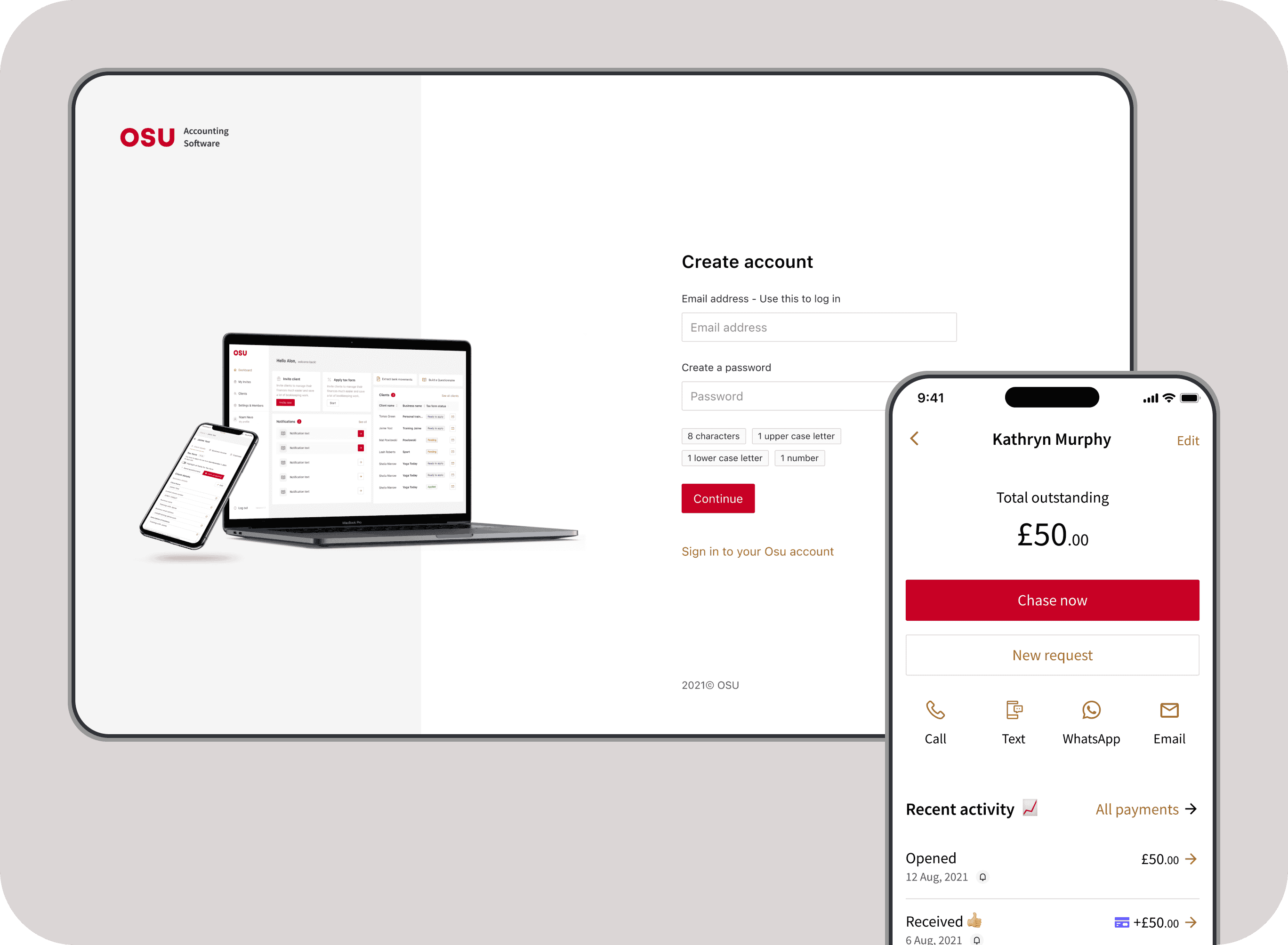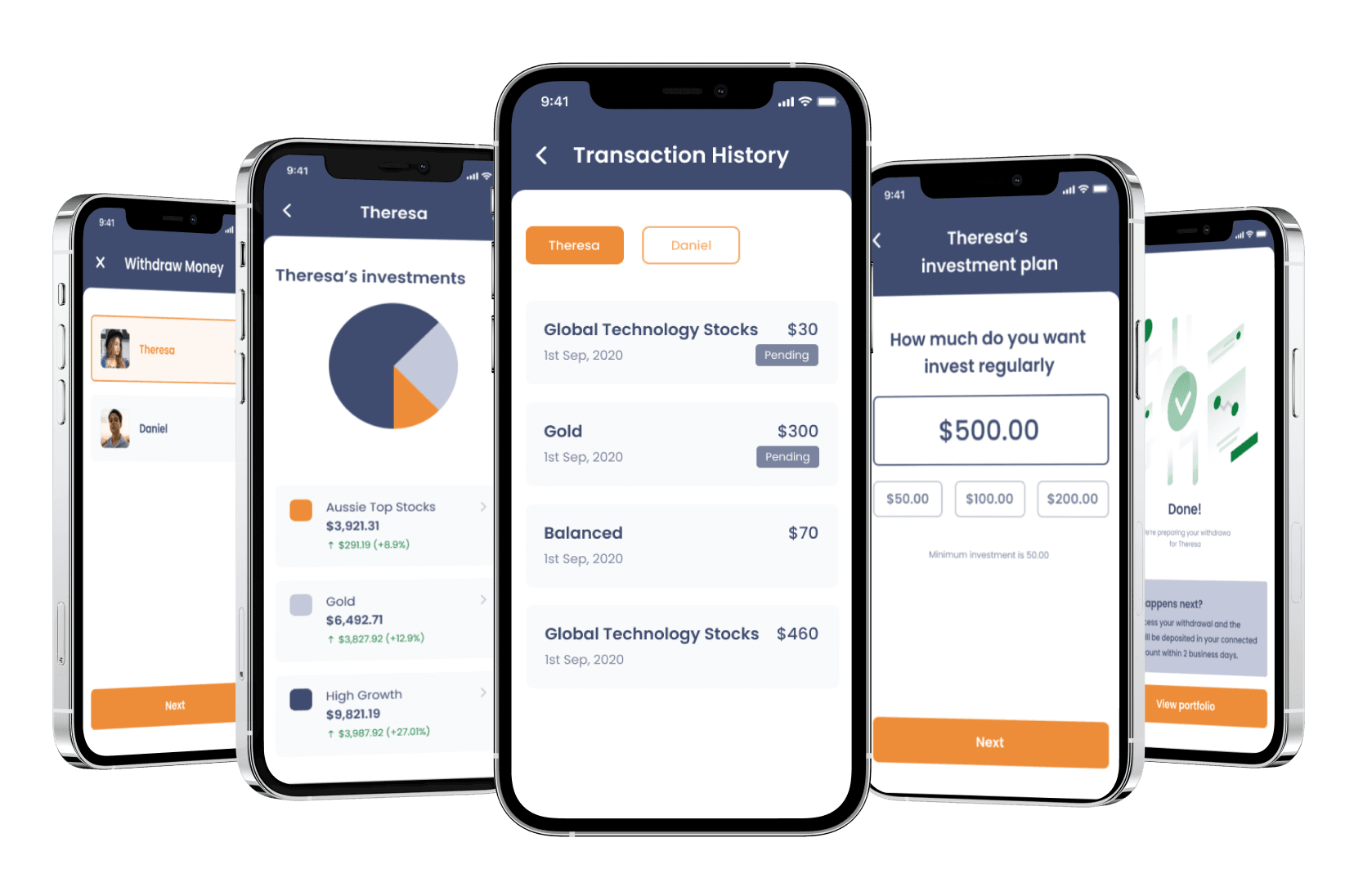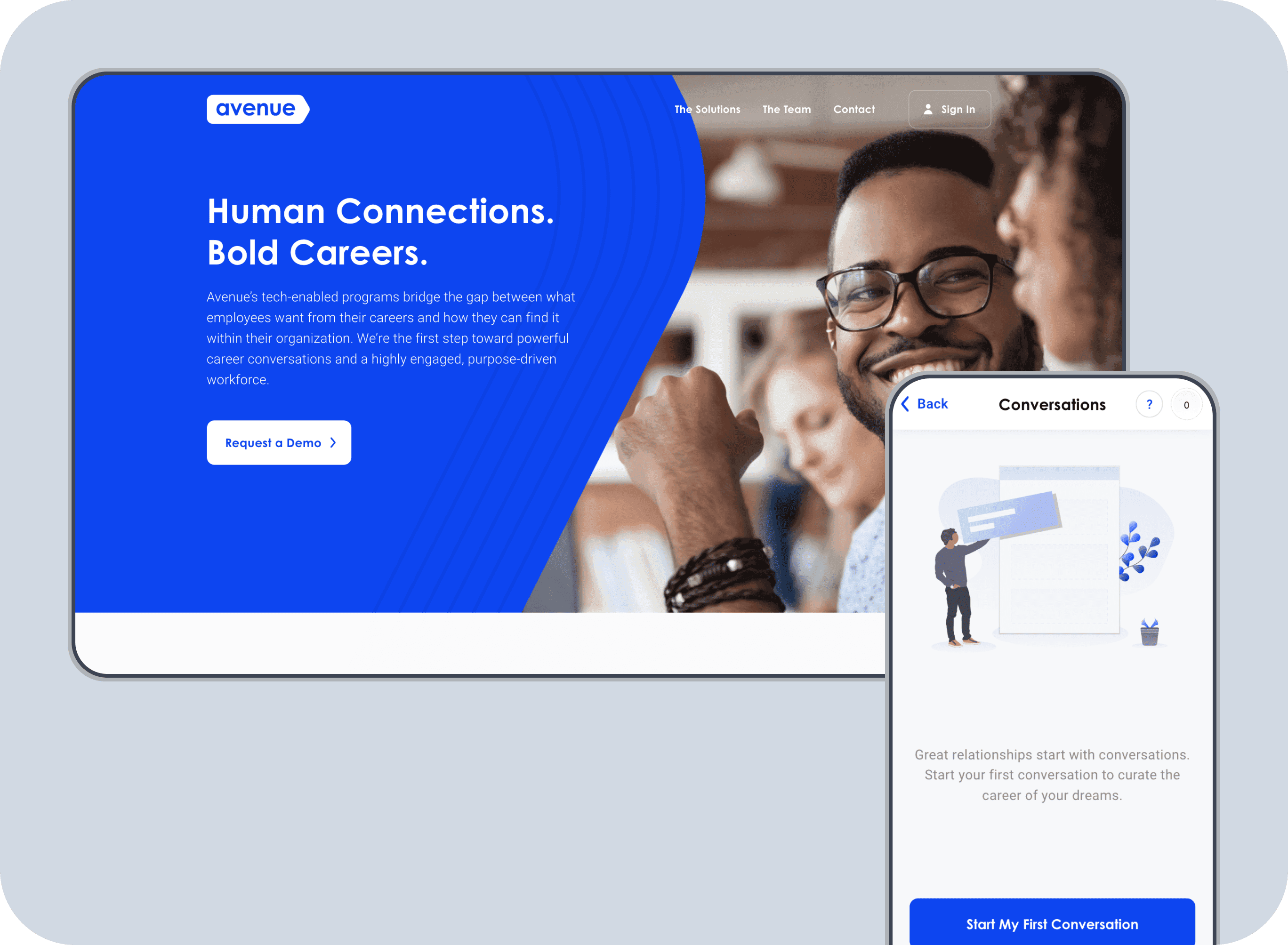Healthcare App Development Company

Yojji is a healthcare mobile app development company focused on developing apps in the medical field that connect patients, providers, and data. Every healthcare app we develop is carefully put together by experienced developers and is made for telemedicine, remote patient monitoring, EHR integrations, and wellness apps. Yojji has expertise in human-centered design, which allows us to deliver mobile healthcare solutions with measurable impact, for both medical organizations and patients.
Healthcare App Development Services We Offer
Yojji offers healthcare application development services for patients, providers, and healthcare organizations. Our healthcare mobile app developers have experience building secure and scalable solutions to help change healthcare delivery, improve business operations, and patient care.

01
Get a solution developed solely for you—whether that's improving patient engagement, managing workflows, or enabling new digital services. Our developers build applications designed specifically for your clinical and operational goals. You receive a secure deliverable that fits into your existing ecosystem without issues and will scale with you.

02
Access patient records and important medical information at the point of care like never before with custom EHR and EMR solutions. Our healthcare development teams design systems that enhance the flow of information and improve team collaboration. This means faster decisions and better coordinated patient care.

03
Provide care outside of the hospital boundaries using telehealth platforms, remote monitoring applications, and other technologies. We create secure and intuitive technology that will engage patients with providers no matter the time or location. Using our healthcare application services, you can decrease rehospitalization, enhance a patient's experience, and provide perpetual care regardless of where they are in the world.

04
Give patients and healthcare providers mobile-first options for wellness, fitness, and clinical care. Our developers provide apps with features for booking appointments, tracking medications, monitoring health, and patient education. You receive tools that augment patient self-management and give your organization important visibility of health patterns.

05
AI, IoT & Emerging Tech in Healthcare
If your solution requires so, our professionals can easily integrate AI, IoT, and other emerging technologies to reshape how you provide and enable care. Yojji’s healthcare app developers build connected, predictive, and data-driven solutions.

06
Want to be certain that your technology stack is enhanced for performance and reliability? No problem! By working with our experts, you risk less, save money, and have a healthy digital ecosystem.

07
Enterprise and Scalable Healthcare Software
Yojji develops enterprise-grade solutions to support large-scale healthcare networks and sophisticated integrations. Our company provides platforms that simplify operations, facilitate growth, as well as deliver actionable business intelligence. Your organization will be equipped with dependable and future-ready software designed to meet shifting demands.

08
End-to-End Healthcare App Development Team
Get a full team of healthcare developers committed to actualizing your concept through development, launch, and maintaining your project. Get a simplified, supervised development process to help with quality assurance, delivery, and future assistance. It helps guarantee the success of your app, saves money, and saves time.
Range of Healthcare Applications We Develop
01
Give your patients secure, high-quality, anytime, anywhere care. Our telemedicine solutions allow virtual visits, video calls, and secure messages, which may help you cut down on no-shows and grow your reach beyond a physical location.
02
Symptom Checker & Self-Diagnosis Apps
Empower your patients to understand their symptoms and find the right care faster with these apps, which provide AI-driven symptom analysis and next-steps recommendations to decrease unnecessary visits and increase the ability to detect disease early.
03
Pregnancy and Parenting Support Apps
Provide materials for parenting, baby health, and pregnancy milestone tracking to expecting and new parents. The apps can bring connections and give trusted information when they need it the most.
04
Chronic Disease & Condition Management Apps
If your goal is to help those with chronic conditions manage effectively on a day-to-day basis, our healthcare applications are for you! These apps support ongoing care and health outcomes through better self-management.
05
Fitness, Wellness & Lifestyle Health Apps
Encourage healthy lifestyles using apps that track fitness, monitor wellness, and provide personalized health advice. App solutions encourage patients to care proactively and generate an opportunity for preventive health activities.
06
Medication and Treatment Reminder Apps
Taking medication on time can become a major factor in recovery. Encourage medication adherence with easy-to-use medication reminder apps to reduce missed doses and improve adherence.
07
Make healthcare access easy with apps to book appointments and find providers in your vicinity. Patients will be able to access care faster, and your practice can reduce admin burden.
08
Pharmacy and ePrescription Apps
Patients may manage their medications and obtain refills with the aid of secure ePrescription apps. As a result, they gain faster access to prescription medications, and pharmacies profit from streamlined processing and fewer errors.
09
Healthcare Professional Collaboration Apps
Improve care coordination with secure collaboration apps for medical teams. Improved communication, file sharing, and case discussions can help teams collaborate for higher levels of efficiency and deliver better patient care.
Case Studies
- All Cases
- Healthcare
Key Features of Our Healthcare App Solutions
EHR/EMR Integration
Our medical app development company specializes in generating applications and connecting with electronic health record (EHR) and electronic medical record (EMR) systems to facilitate data sharing. This means patient information will be synced and readily available by linking them together on other healthcare applications.
Telemedicine & Video Consultations
With our custom healthcare app development, we can build a feature for real-time video calls and virtual consultations. This feature also incorporates secure video streaming and connectivity.
Secure Messaging with Doctors
Allows for secure communication between staff and patients through encrypted messaging. Confidentiality is guaranteed, and health data protection regulations are followed.
In-App Payments & Billing
Incorporates secure payment channels and automated billing and invoicing within the app. Users will be able to access and manage invoices, insurance claims, and payments digitally.
Appointment Scheduling & Reminders
Makes it easier to schedule, manage, and reschedule appointments. Automated reminders and notifications improve scheduling efficiency and decrease no-shows.
Medication Reminders & Tracking
Enables the development of medication schedules and tracking of the history of dosage intake. The application sends reminders for medication intake and captures the time and indexing of adherence index over time.
Vitals Tracking
Supports tracking of important metrics like heart rate, blood pressure, and glucose levels. This information can be entered by hand or pulled from connected wearable devices.
Our Healthcare App Development Process
Discovery Phase
Discovery Phase
After gathering all the critical information on your project’s unique requirements, we create a thorough project analysis, evaluating workflows and reviewing the target users.
UI/UX Design & Interactive Prototyping
Agile Development & Iterative Delivery
Integration, Testing & Validation
Deployment & Launch Support
Ongoing Maintenance & Feature Enhancements
Why Choose Yojji for Healthcare App Development?
01
Deep Healthcare Domain Expertise
We have years of experience developing healthcare software, and our numerous completed projects show off our agile methodologies and sector-specific expertise. We have case studies showing faster time-to-clinic, 99.99% uptime, academic hospitals, and digital health start-ups. Clinical realism and regulatory ideation will be incorporated into every sprint thanks to our in-house domain-specific experts.
02
Secure Solutions
Our development methodology considers data-level encryption, data-level access, and secure architecture design in order to help protect patient data.
03
Seamless Integration & Interoperability
Our solutions are made to work with the current healthcare infrastructure, which includes wearable technology, third-party services, and EHR/EMR. Our team is focused on interoperability and the integration of connected care systems.
04
Agile Teams & Fast Time-to-Market
Our agile experts work to allow for rapid iterations and earlier product releases whilst maintaining quality standards, meaning you're accessing the time to flexibly realise product release and are materially responding to market changes or gaining a serious first to market opportunity from competitor activity.
05
End-to-End Support & Transparent Communication
From research and design to development, testing, and launch, we oversee every step of your healthcare product journey with a smooth and coordinated delivery. With Jira dashboards, weekly demos, and a single ur contact, your leadership team will be able to make decisions and have live visibility. After you go live, our 24/7 helpdesks, automated monitoring, and proactive security patching will keep the platform highly performant. In addition to revealing fresh chances for value generation, quarterly company reviews will reveal insights pertaining to your plan. We want to be more than simply another supplier; we want to be your ongoing innovation partner.
Testimonials
Yojji successfully delivered the project within schedule. They demonstrated excellent project management via weekly sprint demos and promptly made adjustments based on the client's feedback. Their responsiveness and collaborative attitude were key elements of their work.

Julian Leung
Product Manager - A Matter Of Design | Property Tech & Artificial Intelligence
Yojji was an instrumental part of the client’s team, working closely with them to achieve the product’s success. The team was very collaborative and timely, and their performance was amazing. Additionally, their resources were experienced, professional, and enjoyable to work with.

Alon Zion
Former Co-Founder, Vala
Yojii is impressive both in quality of development work as well as their commitment. Strong focus on delivery, highly technical personnel, flexible approach that allows for rapid development. Strong processes that allow for solid controls.

Rohit Mahajan
Executive, Performlive Inc
We’re very happy with the way that Yojji works, which is why we’ve spent so much money and engaged them for such a long time. We treat them as employees in regard to responsibilities and expectations, and they haven’t disappointed us.

Noam Nevo
Co-founder of OSU
As a company, we find Yojji to be excellent development partners - we cannot recommend them more highly and will be very happy to continue working with them in the future.

Gareth Reese
Marketing Manager
They are really nice people with excellent technical backgrounds.

Bjorn Beyersdorff
CEO, Founder
We used Agile project management methodology and were in contact with the team and project manager daily.

Arvind Sedha
Software Development Director
They all had a super positive outlook and were dedicated to getting the work completed to a high standard.

Philip Black
CEO
Yojji has delivered an accessible product with thorough consideration for the client's requirements. Users have commented on the platform's user-friendliness and speed. Moreover, the team is easy to communicate with and provides frequent updates. Their development and design skills are impressive.

Lisa Ross
VP of Experience & Tech, Avenue
Frequently asked questions
How much does healthcare app development cost?
What is your process for developing a healthcare application?
How long does it take to develop a healthcare app?
Do you provide post-launch support and maintenance?
Subscribe to our newsletter
for the latest IT updates
EdTech Solutions
Healthcare Solutions
FinTech Solutions
Collaboration models
